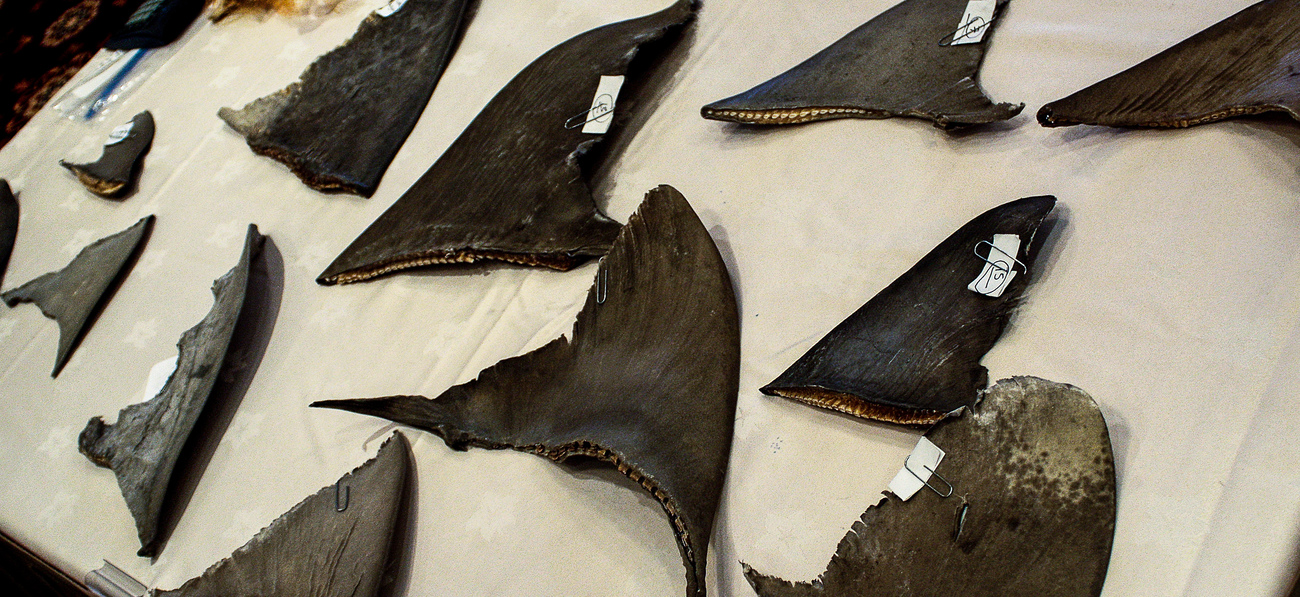6 foods to avoid in your travels
6 foods to avoid in your travels
Visiting a foreign country is a great time to try new things, and discovering local cuisine can be part of that experience. But when ingredients for your food come from endangered species, or the preparation of a dish involves extreme animal suffering, your foreign adventure can leave a bitter taste.
Here are just a few of the exotic dishes to avoid on your travels:
- Shark fin soup
Shark fin soup is a popular delicacy in many Asian countries, but it’s a bloody dish to make. Only the high-priced fins of the shark are used. After the sharks are hauled on board fishing ships, their fins are hacked off and they’re thrown back alive, left to die a slow, painful death. About 100 million sharks are caught worldwide each year – many to make Shark fin soup.
- Bird's nest soup
Bird's nest soup is made from the nests of Asian swiftlets. Every year, nearly 20 million are traded in countries such as India and the Philippines. But because they are often collected before the birds have had a chance to breed, their populations are plummeting.
- Turtle eggs
Turtle eggs are eaten as bar snacks in some parts of Asia and the Caribbean but, because most turtle species reproduce slowly, the practice of taking turtle eggs is endangering their survival.
- Whale meat
Whale meat can be found in restaurants in Iceland, Japan, and Korea. Not only does this threaten the survival of whales, but their meat, especially blubber, often contains high levels of toxic substances such as polychlorinated biphenyls (PCBs) and mercury.
- Reptile meat
Reptile meat can be found in many countries. In Central America, for instance, iguanas can be found on sale by roadsides and in markets. To stop them from escaping once caught, the tendons in their front legs are often cut and used to tie their legs behind their backs.
- Bushmeat
Bushmeat, popular in many parts of Africa, Asia, and Latin America, is the meat of hunted wild animals. It may seem exciting to try monkey, anteater, or elephant trunk, but the trade in bushmeat has become highly commercialised in recent years and is the most significant immediate threat to the great apes in Africa today.

view some of the animals used for exotic cuisines
Protecting endangered species
We acknowledge that the preparation of these dishes may be part of deeply treasured cultural traditions. But we have to acknowledge that over-consumption and commercialisation will eventually lead to extinction for some of these species. As tourists and advocates for endangered species, we have the power to stop fueling the demand for these exotic dishes.
Learn more about what we’re doing to protect endangered animals across the globe.
Related content
Every problem has a solution, every solution needs support.
The problems we face are urgent, complicated and resistant to change. Real solutions demand creativity, hard work and involvement from people like you.